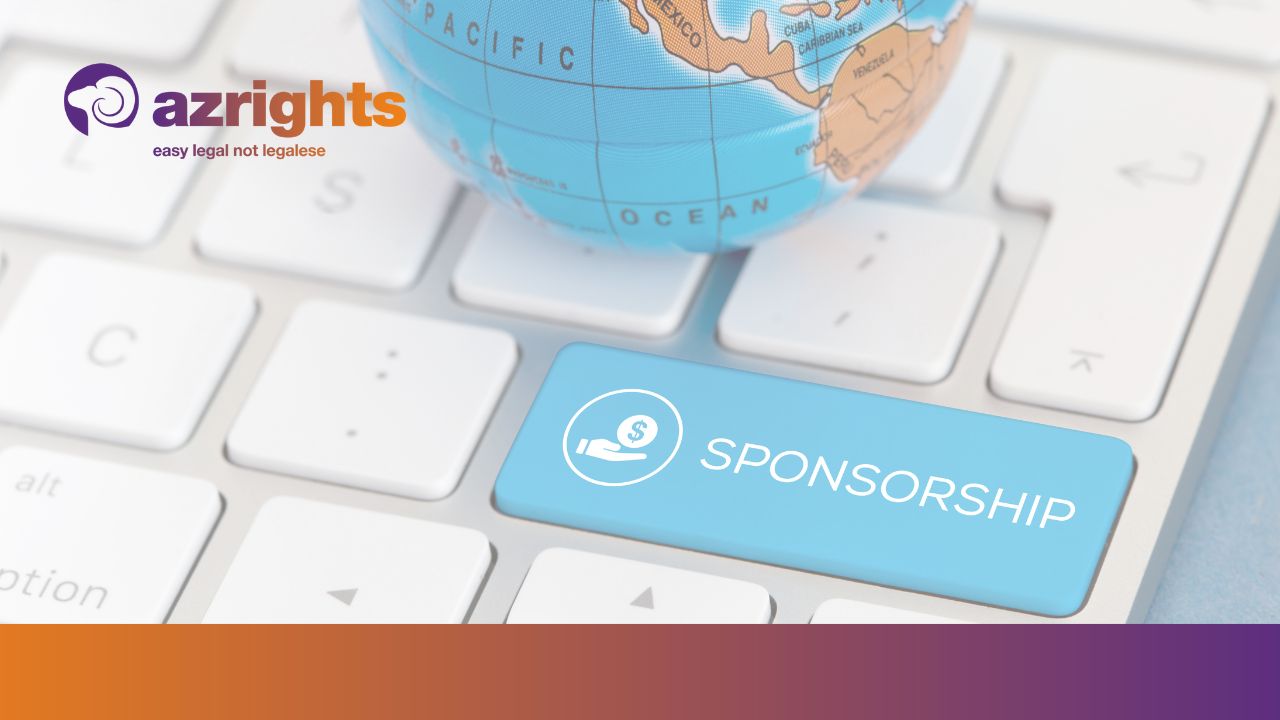
Sponsorship Agreement
September 19, 2019
Sponsorship can be an excellent promotional tool for the sponsor, and provide essential funding for a project. However, balancing the interests of both parties is a complex exercise.
- Some recipients may want the deal to be exclusive, in order to secure their commercial advantage.
- Both parties to the deal may require a license to use trademarks or other IP. For example, a sponsor will typically be licensing its brand to the recipient, requiring it to be displayed prominently on products, at events or perhaps on a website.
- At the same time recipients of sponsorship may provide sponsors with a license to use their brands – for example they would likely want to advertise the fact that it is contributing to charity, and will need a license to do so.
- Both parties will be concerned that their brand might be used incorrectly, as this could result in the loss of their rights to it, or reputational damage.
- Certain sponsors might not want their brand to be associates with particular products or services if they do not complement the sponsor’s image.
Any license given in the course of a sponsorship agreement should be considered carefully, to ensure it is narrow or wide enough to serve your interests.
Advertising regulation
- It is important to have regard to advertising regulations overseen by bodies such as the Advertising Standards Authority and to have a familiarity with marketing law in general.
- Sponsorship activities which are misleading, or fail to comply with regulations in other ways may backfire and trigger complaints, or even result in legal action by a regulator such as the OFT.
How we can help
We have extensive experience of drafting and advising on sponsorship agreements so please do get in touch if you are considering a sponsorship deal.

